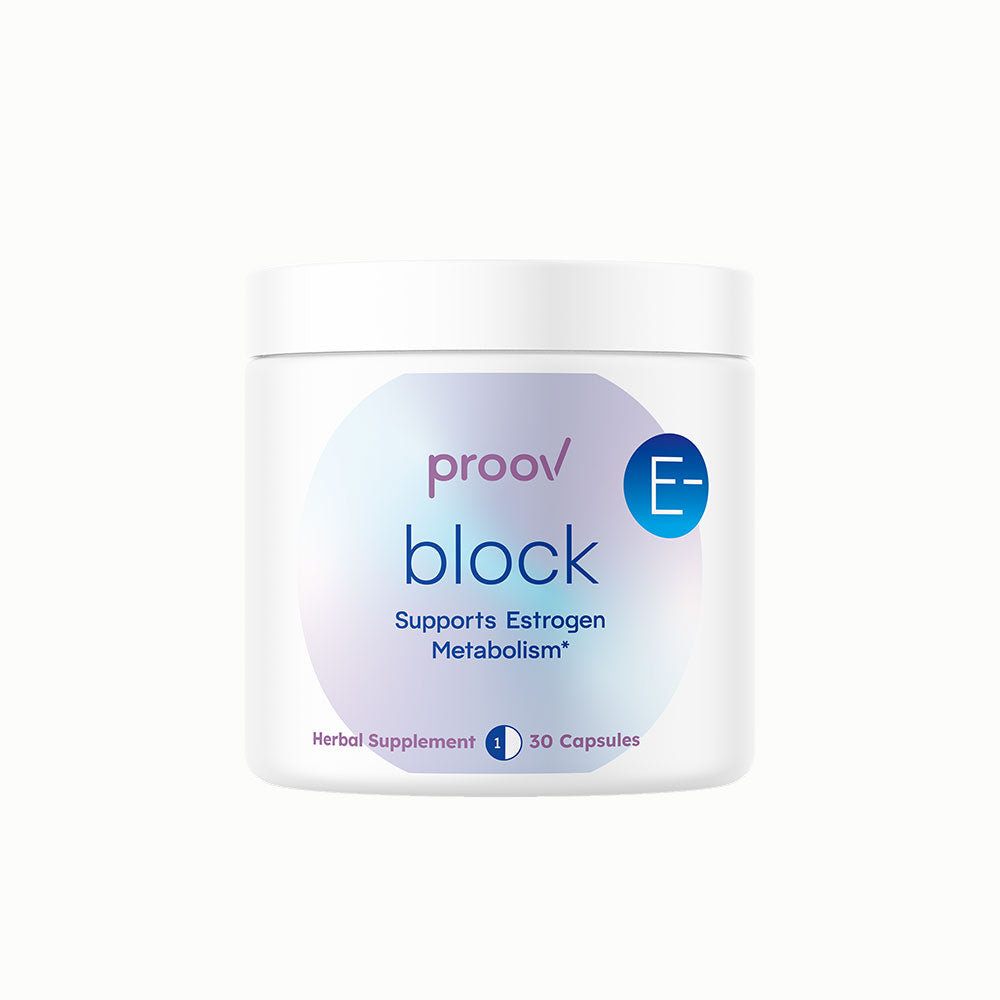Perimenopause might not be as widely discussed as menopause, but it's a crucial period in a woman's life that deserves attention and understanding. As the onramp to menopause, perimenopause marks a significant transition, characterized by hormonal shifts that can start much earlier than many expect.
When does perimenopause start?
Perimenopause varies greatly from one woman to another but generally begins in the late 30s to mid-40s. This phase can last anywhere from 2 to 10 years and serves as the body's natural progression towards menopause—the point when menstruation has ceased for a full year. During perimenopause, you might start to notice symptoms due to fluctuating hormone levels, such as changes in menstrual pattern, weight gain, hot flashes, and night sweats.
Understanding hormonal shifts
The hallmark of perimenopause is hormonal fluctuation. As ovarian reserve diminishes over the years, the ovaries produce fewer hormones, particularly estrogen and progesterone, leading to irregular menstrual cycles and a host of other symptoms. These changes are primarily driven by decreasing egg count and the body's adjustment to its approaching non-reproductive phase.
Psychological impacts of perimenopause
Aside from the physical symptoms, perimenopause can also have significant psychological effects. Many women report feelings of anxiety, depression, and decreased self-esteem as they navigate these changes. These emotional responses are not only due to hormonal fluctuations but also from the stress of dealing with other perimenopausal symptoms. It’s important to address these mental health aspects with the same seriousness as the physical ones, ensuring a comprehensive approach to perimenopause management.
Spotting the signs of perimenopause

Recognizing the onset of perimenopause can be challenging, as symptoms vary widely among women. However, the most common early sign is a change in menstrual patterns. You might experience shorter or longer cycles, heavier or lighter bleeding, or even skip periods altogether. Other symptoms like hot flashes, sleep disturbances, and mood swings are also indicative of shifting hormone levels.
How can Proov Empower help?
Proov Empower is designed to support women through the uncertain times of perimenopause by providing clear insights into hormonal health. Proov Empower helps track hormone markers that can indicate perimenopausal changes, empowering you with knowledge to manage symptoms effectively.
Testing your hormones with Proov Empower
Proov Empower includes tests for key hormones such as FSH, which can increase as fertility begins to decline. By measuring these hormone levels at home, you can gain insights into your perimenopausal status and discuss your findings with healthcare providers to consider potential lifestyle changes or interventions.
Natural remedies and lifestyle adjustments

While hormone replacement therapy (HRT) is a common recommendation for managing perimenopausal symptoms, many women prefer to explore natural remedies and lifestyle adjustments first:
Maintain a healthy weight: A balanced diet and regular exercise can help mitigate some perimenopausal symptoms.
Limit trigger foods: Reducing intake of spicy foods, caffeine, and alcohol can help manage hot flashes and improve sleep quality.
Incorporate phytoestrogens: Foods like soy, tofu, and flaxseeds contain phytoestrogens, which may help balance hormones naturally.
Herbal supplements: Supplements like black cohosh and evening primrose oil are popular for managing symptoms like hot flashes and mood swings.
Stay hydrated: Increasing water intake can help with dry skin and bloating associated with hormonal changes.
Managing stress and emotional health
Managing stress is crucial during perimenopause. Techniques such as mindfulness, yoga, and meditation can be very beneficial. Engaging in activities that you enjoy and that relax you can also make a significant difference in your emotional well-being.
Can perimenopause be delayed?
Currently, there is no scientifically proven method to delay the onset of perimenopause as it is a natural part of aging. However, understanding your body’s signals and making informed decisions about your health can help you navigate this transition more comfortably.
A few final thoughts
Perimenopause, while a natural stage in every woman's life, can often feel overwhelming due to the myriad of changes it brings. As we've explored in this blog, understanding the onset and progression of perimenopause is key to managing it effectively. From recognizing the early signs like changes in menstrual patterns and experiencing hot flashes, to addressing the psychological impacts such as anxiety and depression, being informed is your first step towards empowerment.
Proov Empower serves as a valuable tool in this journey, offering the ability to track key hormonal changes right from home. This not only helps in understanding your own body better but also in making informed decisions about interventions that might be necessary, whether they are lifestyle adjustments, natural remedies, or discussions with healthcare providers.
Remember, you are not alone in this transition. With the right resources and a proactive approach, you can manage perimenopause symptoms more effectively, maintaining not just physical health but also emotional well-being. Embrace this phase with confidence and support, knowing that each step you take is a move towards sustained health and happiness in the later stages of life.












